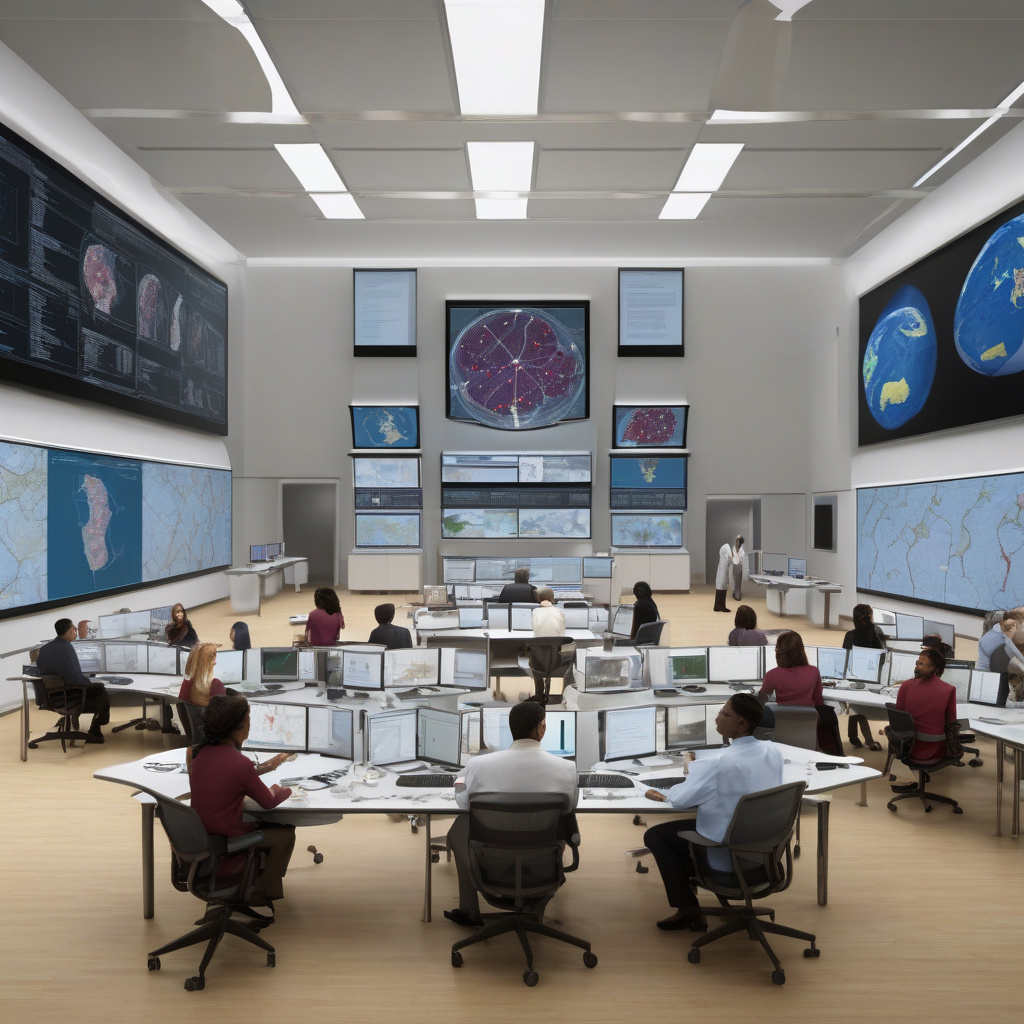Harvard Scientist’s ‘Peace Tech’ Tool: Utilizing AI to Simulate Leaders and Avert Wars
As global tensions rise in the Middle East owing to the Iran-Israel conflict, political analysts and peace advocates are turning to innovative solutions to prevent escalations that could lead to devastating consequences. In a groundbreaking development, a team of scientists at Harvard University has introduced a cutting-edge ‘peace tech’ tool that harnesses the power of Artificial Intelligence (AI) to simulate world leaders and potentially avert wars before they even begin.
The technology, developed by a collaboration of renowned experts in AI, political science, and conflict resolution, aims to revolutionize the way international crises are approached and resolved. By creating virtual replicas of influential figures such as presidents, prime ministers, and military commanders, the tool can simulate various scenarios and predict potential outcomes based on their decision-making processes.
One of the key features of this ‘peace tech’ tool is its ability to analyze vast amounts of data, including historical precedents, geopolitical factors, and even individual personality traits, to generate accurate simulations of how different leaders might respond in a given situation. By providing insights into possible reactions and strategies, policymakers and diplomats can gain valuable foresight into the most effective ways to navigate volatile situations and prevent conflicts from escalating.
Moreover, the AI-powered tool can also be used to facilitate communication and negotiation between conflicting parties by offering simulated dialogues and scenarios that explore potential pathways to peace. By fostering understanding and empathy among adversaries, the tool has the potential to bridge divides and pave the way for diplomatic resolutions that prioritize dialogue and cooperation over hostility and violence.
In a recent demonstration of the ‘peace tech’ tool’s capabilities, researchers simulated a high-stakes scenario involving escalating tensions between two nuclear-armed nations. By inputting real-time data and geopolitical dynamics into the system, the simulation accurately predicted the actions of the involved leaders and highlighted opportunities for de-escalation through diplomatic channels.
The implications of this technology are far-reaching, offering a new paradigm for conflict prevention and peacebuilding on a global scale. By leveraging AI to simulate decision-making processes and anticipate potential conflicts, policymakers and peace negotiators can proactively address crises and work towards sustainable solutions that prioritize stability and cooperation.
As the world grapples with complex geopolitical challenges and growing threats to international security, the ‘peace tech’ tool developed by Harvard scientists represents a beacon of hope for a more peaceful and stable future. By harnessing the power of AI to promote dialogue, understanding, and conflict resolution, this innovative tool has the potential to reshape the way we approach global crises and build a more harmonious world for future generations.
In conclusion, the intersection of technology and peacebuilding offers new possibilities for addressing conflicts and promoting stability in an increasingly volatile world. The ‘peace tech’ tool developed by Harvard scientists stands as a testament to the transformative potential of AI in mitigating global tensions and fostering a more peaceful coexistence among nations.
#Harvard, #PeaceTech, #AI, #ConflictResolution, #GlobalPeace












